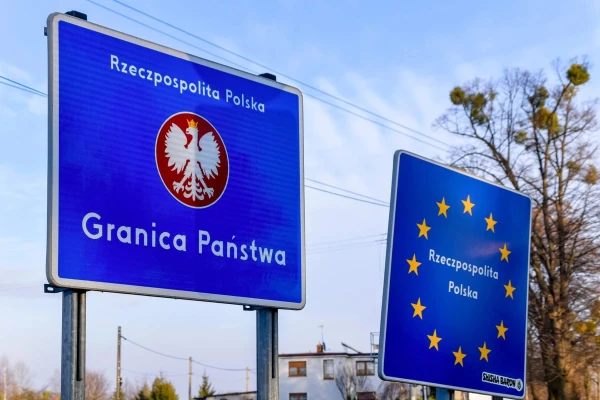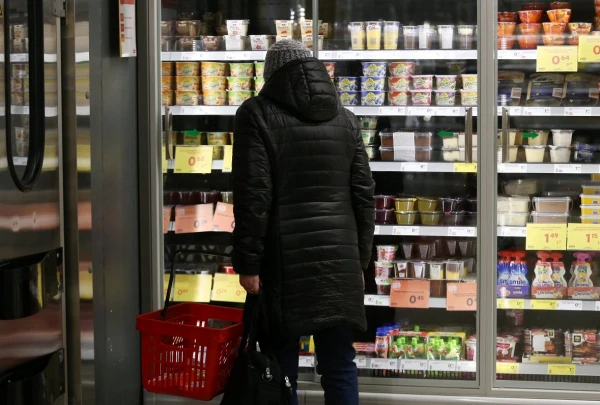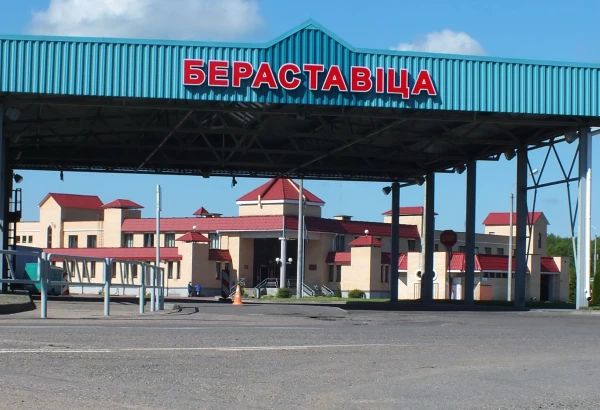
Recently, there have been more arrivals in the country than departures.
These are the border crossings "Bobrowniki" — "Brestovitsa" and "Kuznica Bialostocka" — "Bruzgai". They are set to open on November 17, according to the Polish Ministry of Foreign Affairs.
The crossings can be reopened due to the fact that the eastern border of Poland and the European Union is more secure than ever before, as stated on the Ministry's website.
The crossing in Kuznica Bialostocka will be open only for passenger traffic, while in Bobrowniki, bus and freight traffic will also be allowed.
The crossing in Bobrowniki has been closed since February 2023, after a Polish-origin journalist, Andrzej Poczobut, was sentenced in Belarus. He was sent to prison for eight years for "inciting hatred or discord" and "calling for actions aimed at harming the national security of the Republic of Belarus."
The crossing in Kuznica Bialostocka has been closed for almost four years — since November 2021 — due to the migration crisis.
Meanwhile, by the end of the year, the governments of EU countries may decide to exempt six states, including Poland, from the pan-European migration pact. This opinion was expressed by the Deputy Minister of Internal Affairs and Administration of Poland, Maciej Duszczyk. He informed Brussels correspondents that the Polish request for a complete exemption has already been sent to the European Commission and will soon be forwarded to EU member states for consideration. According to Duszczyk, Poland's statement is well-prepared and well-justified.
Poland incurs significant expenses related to the protection of its eastern border and has accepted refugees fleeing the war in Ukraine. The Deputy Minister also gave a negative assessment of the migration reception system itself.
"Relocation is an unsuccessful solution, as is the system of payments for each migrant. We are against this. Of course, we have statistical data reflecting the specifics of our migration policy and our position in these discussions. We are conducting this policy effectively and achieving significant success in it."
In addition to Poland, next year Austria, Bulgaria, Croatia, the Czech Republic, and Estonia may be exempted from obligations to accept migrants. The countries experiencing the greatest migration pressure and in need of support are Greece, Cyprus, Spain, and Italy.
Meanwhile, according to data from the Government Population Council, over the past decade, Poland has transformed from a country of emigrants into a country where the number of immigrants exceeds the number of emigrants. The number of Poles abroad for an extended period — at least a year — has stabilized at around one and a half million people from 2020 to 2023. At the same time, it is estimated that about two and a half million migrants live in Poland.











